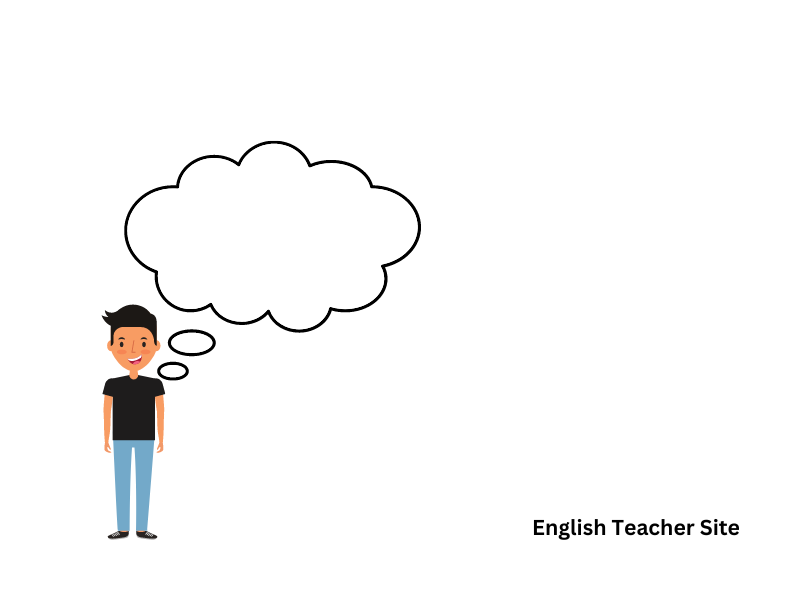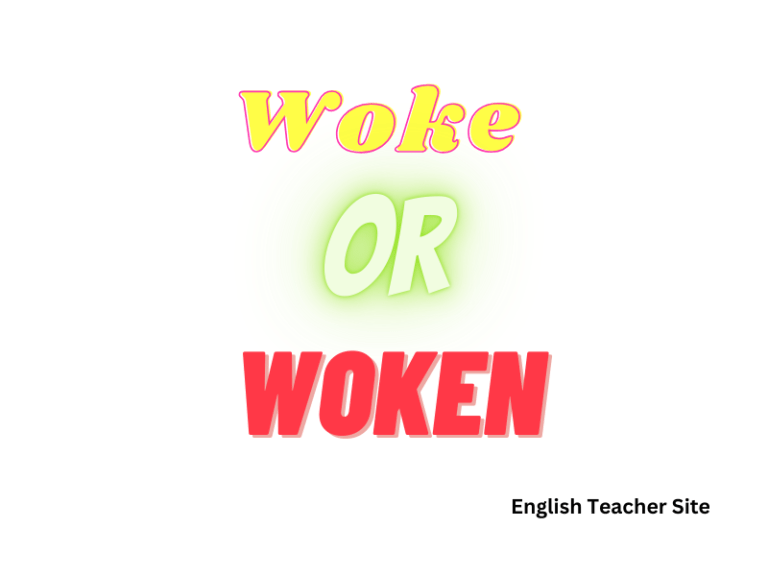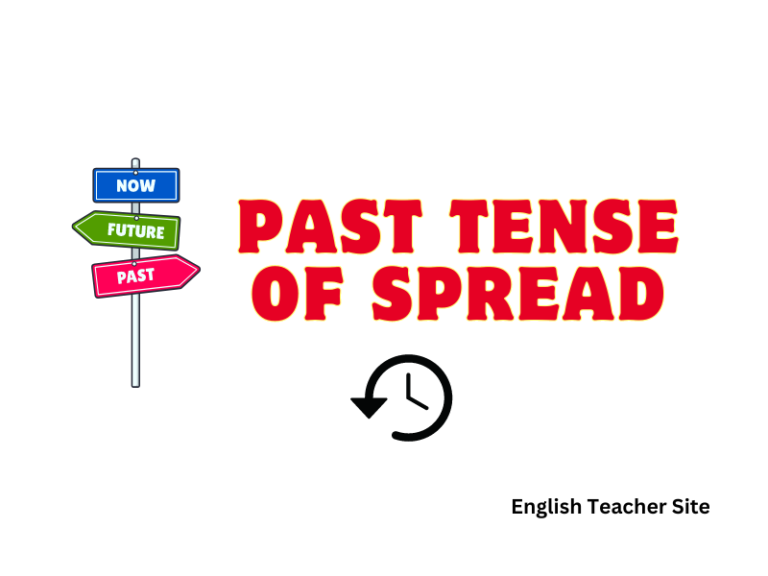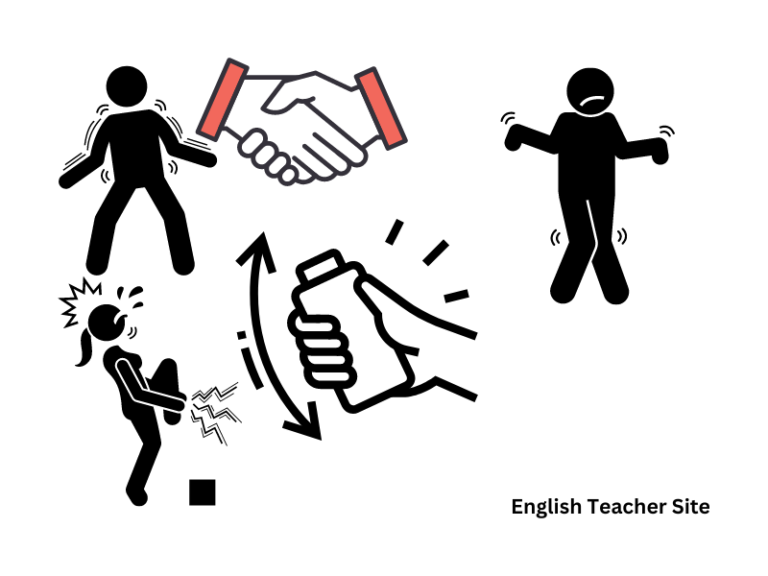Spoke or Spoken: Unraveling the Past Tense of “Speak”

- “Spoke” is the simple past tense of “speak,” used to denote a specific action in the past.
- “Spoken” is the past participle form, often used with an auxiliary verb to form perfect tenses.
- Understanding the correct use of “spoke” and “spoken” is crucial for conveying accurate timeframes and actions in English.
English verbs often follow a pattern where the past tense and past participle are formed by adding -ed to the base form. However, “speak” is an irregular verb, and its conjugation doesn’t follow this standard rule, necessitating separate considerations for its past tense and past participle forms. The use of “spoke” and “spoken” in sentences not only conveys actions in time but can also impact the meaning and nuance of a sentence.
Spoke or Spoken – What’s the past tense of speak?
When discussing the past tense of the verb “speak,” it is crucial to distinguish between the simple past and the past participle. The differentiation affects sentence structure and tense.
“Spoke” is the simple past tense of “speak.” It is used when referring to an action that was completed in the past.
- For instance:
- She spoke to me yesterday.
- They spoke at the conference last week.
“Spoken” is the past participle form, which requires an auxiliary verb such as “have,” “has,” or “had.”
- For example:
- She has spoken with them about the project.
- It had spoken volumes without making a sound.
To clarify these forms, see the tables below:
Simple Past Tense
| Subject | Verb | Object/Complement |
|---|---|---|
| He/She/It | spoke | at the meeting. |
| They | spoke | with the manager. |
Past Participle Form
| Auxiliary Verb | Past Participle | Object/Complement |
|---|---|---|
| has/have | spoken | to the media about the issue. |
| had | spoken | eloquently during the debate. |
Remember these bullet points regarding usage:
- Spoke is standalone; no auxiliary verb is required.
- Spoken must be accompanied by an appropriate auxiliary verb.
- The choice between “spoke” and “spoken” affects the meaning and structure of a sentence.
By carefully selecting between “spoke” and “spoken,” one ensures grammatical accuracy in conveying actions in the past.
Understanding the Infinitive Form
The infinitive form of a verb is the base form. It’s the version found in dictionaries and is often preceded by the word “to.” For example, “to speak.” This form is versatile; it serves numerous grammatical functions and is the foundation upon which verb tenses are built.
Examples of Infinitive Verbs:
- To eat
- To dance
- To think
Regular Versus Irregular Verbs
Regular verbs follow a standard pattern when moving from present to past tense; adding a suffix like “-ed” or “-d” to the base form creates the past tense. Irregular verbs, on the other hand, do not follow this pattern and can change in unpredictable ways.
| Regular Verbs | Past Tense |
|---|---|
| to walk | walked |
| to play | played |
| to listen | listened |
Irregular Verbs & Their Past Forms:
- Speak – Spoke – Spoken
- Begin – Began – Begun
- Go – Went – Gone
Irregular verbs like “speak” require memorization as their past forms, “spoke” and “spoken,” do not follow a predictable pattern. “Spoke” is the simple past tense, implying a completed action, whereas “spoken” is the past participle that’s generally used with auxiliary verbs to form perfect tenses or the passive voice.
Bullet Points about Verb Tenses:
- Present tense: “I speak” denotes an action occurring now.
- Past tense: “I spoke” indicates an action that happened in the past.
- Future tense: “I will speak” points to an action expected to happen.
The Past Tense of Speak
In English grammar, the correct use of the past tense forms of the verb “speak” determines the clarity of past events or actions communicated.
Simple Past Tense Usage
The simple past tense of “speak” is “spoke,” indicating an action that was completed in the past without reference to its duration or relation to other events.
- When to use “spoke”:
- To denote a complete action in the past.
- When no helping verb is present.
Examples:
- Yesterday, she spoke with her manager.
- Last week, they spoke at the conference.
Incorrect usage: It is inaccurate to say “Yesterday, she spoken with her manager,” as “spoken” requires the aid of a helper verb to be grammatically correct.
Past Participle Explained
The past participle form of “speak” is “spoken.” This form requires an auxiliary verb, such as “have,” “has,” or “had,” to construct perfect tenses.
- When to use “spoken”:
- With auxiliary verbs to form perfect tenses.
- In passive voice sentences.
Examples with auxiliary verbs:
- She has spoken to her team.
- They had spoken before the meeting started.
| Auxiliary Verb | Past Participle | Example Sentence |
|---|---|---|
| has | spoken | He has spoken eloquently about the issue. |
| have | spoken | They have spoken to the press already. |
| had | spoken | She had spoken clearly about her goals. |
In passive voice constructions, the past participle “spoken” is used following a form of “to be,” such as “is,” “are,” “was,” “were.”
Passive voice examples:
- The speech was spoken with great emotion.
- Instructions are spoken slowly to ensure understanding.
Conjugation Patterns
These patterns diverge notably between the present and past forms, as well as in the participle forms.
Present Tense Conjugation
The present tense conjugation for the verb “to speak” is fairly straightforward:
Singular:
- First-person: I speak
- Second person: You speak
- Third-person: He/She/It speaks
Plural:
- First-person: We speak
- Second-person: You speak
- Third-person: They speak
In present tense, the verb “to speak” adds an “-s” only in the third-person singular form.
| Person | Conjugation |
|---|---|
| First-person | I speak |
| Second-person | You speak |
| Third-person | He/She/It speaks |
Past Tense and Past Participle
When it comes to the past tense and past participle forms of “to speak,” it is considered an irregular verb. This means it does not follow the regular pattern of simply adding “-ed” to the base form. The past tense of “to speak” is “spoke”:
- Singular and Plural:
- I spoke
- You spoke
- He/She/It spoke
- We spoke
- You spoke
- They spoke
The past participle of “to speak” is “spoken,” which is used in perfect tenses and requires an auxiliary verb, such as “have”:
- Perfect Tenses:
- I have spoken
- You have spoken
- He/She/It has spoken
- We have spoken
- You have spoken
- They have spoken
For the past participle form, remember to use it in conjunction with the auxiliary verbs “has” or “have” for singular and plural subjects, respectively.
| Tense | Conjugation |
|---|---|
| Past | I/You/We/They spoke |
| Past Participle | I/You/We/They have spoken |
The gerund or present participle form of “to speak” is “speaking,” used predominantly in continuous tenses.
- Examples of gerund or present participle:
- I am speaking
- You are speaking
- He/She/It is speaking
- We are speaking
- You are speaking
- They are speaking
Perfect Tenses Overview
The perfect tenses in English are forms used to denote actions that are completed or have a connection to the present, past, or future. These tenses are formed using the auxiliary verbs “have” and “be”, along with the past participle of the main verb. Understanding these tenses is crucial for conveying precise time relationships in language.
Present Perfect Tense
The Present Perfect Tense indicates an action or state that has been completed at some point in the past relative to the present or continues up to the present.
- Formulation:
- have/has + past participle
- Examples:
- She has spoken. (The action happened at an unspecified time before now.)
- They have finished their work. (They completed their work at some time before now; the exact time is not mentioned.)
Table: Present Perfect Examples
| Subject | Auxiliary Verb | Past Participle | Example Sentence |
|---|---|---|---|
| I | have | spoken | I have spoken to him today. |
| You | have | seen | You have seen this movie before. |
| He/She | has | finished | She has finished her assignment. |
Past Perfect Tense
The Past Perfect Tense is used to express an action that was completed before another past action or time.
- Formulation:
- had + past participle
- Examples:
- He had gone by the time I arrived. (He left before I arrived.)
- They had finished dinner when we called. (They completed the action of eating dinner before we called.)
List of Uses for Past Perfect Tense:
- To show which action happened first in the past.
- In reported speech.
- In conditionals, to speculate about past events.
Table: Past Perfect Examples
| Subject | Auxiliary Verb | Past Participle | Example Sentence |
|---|---|---|---|
| I | had | spoken | I had spoken to her before she left. |
| You | had | seen | You had seen him before today. |
| He/She | had | finished | He had finished the game before sundown. |
Future Perfect Tense
The Future Perfect Tense expresses the idea that an action will have been completed by a certain future time.
- Formulation:
- will have + past participle
- Examples:
- She will have spoken to the team by tomorrow. (She will complete the action of speaking by the specified future time.)
- We will have left by the time you arrive. (We will complete the action of leaving before you arrive.)
Bullet Points for Recognition:
- Common usage includes indicating a deadline in the future.
- For actions that, in a future moment, will be in the past.
- Often used with time expressions like “by tomorrow,” “by next week,” etc.
The mastery of present perfect, past perfect, and future perfect is crucial for advanced proficiency in English grammar, and each one provides a unique way to articulate time and sequence in language.
Continuous and Progressive Forms
When discussing the verb “to speak,” it is imperative to understand its various continuous forms— tenses that describe ongoing actions at different points in time. These include the present continuous, past continuous, and future continuous forms. Each tense serves to situate spoken communication within a temporal context, marking the action of speaking as either current, previously occurring over a period, or anticipated to take place.
Present Continuous
The present continuous tense is used to indicate that the action of speaking is currently happening or is in progress. It is also used for actions that are ongoing or for future planned events. The structure of the present continuous tense for the verb “to speak” includes the present tense of the auxiliary verb “to be” combined with the present participle “speaking.”
Formation:
- Subject + is/are/am + speaking
Examples:
- He is speaking to her right now.
- They are speaking at the conference tomorrow.
Past Continuous
The past continuous, also known as the past progressive tense, is utilized to convey that the action of speaking was happening continuously over a period in the past but has since concluded. This tense often sets the scene in a narrative.
Formation:
- Subject + was/were + speaking
Examples:
- She was speaking on the phone when we arrived.
- They were speaking for hours yesterday.
Future Continuous
The future continuous tense suggests that the action of speaking will be ongoing at a specific time in the future. It can also imply an action that will happen in the normal course of events.
Formation:
- Subject + will be + speaking
Examples:
- He will be speaking at the event all day tomorrow.
- They will be speaking with the delegates next week.
Synonyms of ‘speak’
These synonyms provide different nuances of meaning for the act of speaking. Here’s a concise look at some of these alternatives:
Communicate and articulate imply conveying information or expressing thoughts clearly and effectively. Utter and voice suggest speaking out loud or expressing an opinion.
| Formal Synonyms | Use in Sentence |
|---|---|
| Address | He will address the assembly this afternoon. |
| Articulate | She articulated her views on policy very clearly. |
| Declare | They declared their intentions to the council. |
When the speech is more informal or conversational, synonyms like chat and converse are more appropriate:
| Informal Synonyms | Use in Sentence |
|---|---|
| Chat | We chatted about our weekend plans over coffee. |
| Converse | They conversed casually while waiting for the bus. |
In written and spoken English, choosing the right synonym for ‘speak’ depends on both the audience and the context.
- Discuss: To talk about a specific topic.
- Express: To convey a thought or feeling in words.
- Mention: To briefly or casually speak about something.
Words like narrate and recount emphasize a structured and often detailed form of speaking:
- Narrate: She narrated the story with enthusiasm.
- Recount: He recounted the events without omitting a single detail.
Source
- Etymology online, origin of speak.
- Definition of speak.
My name is Khamis Maiouf. I am the creator of the English Teacher Site, dedicated to providing valuable resources and insights for students around the world. With a passion for education and a commitment to helping students enhance their skills, I aim to make English teaching more effective and enjoyable for both educators and students.






